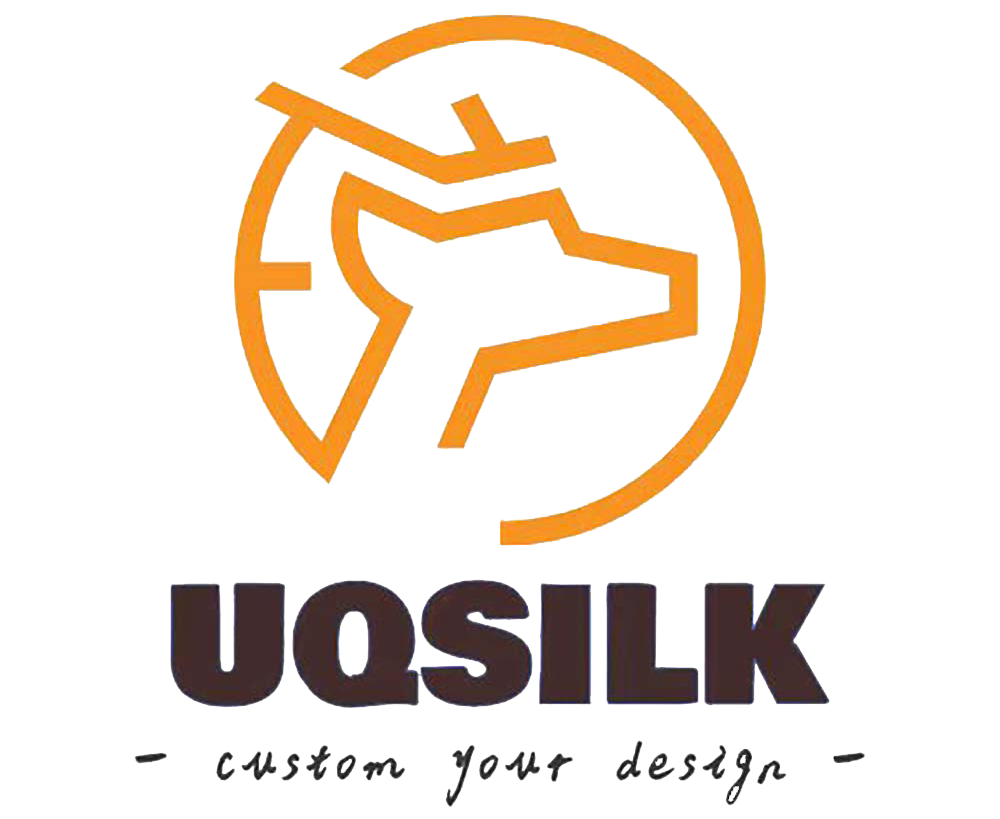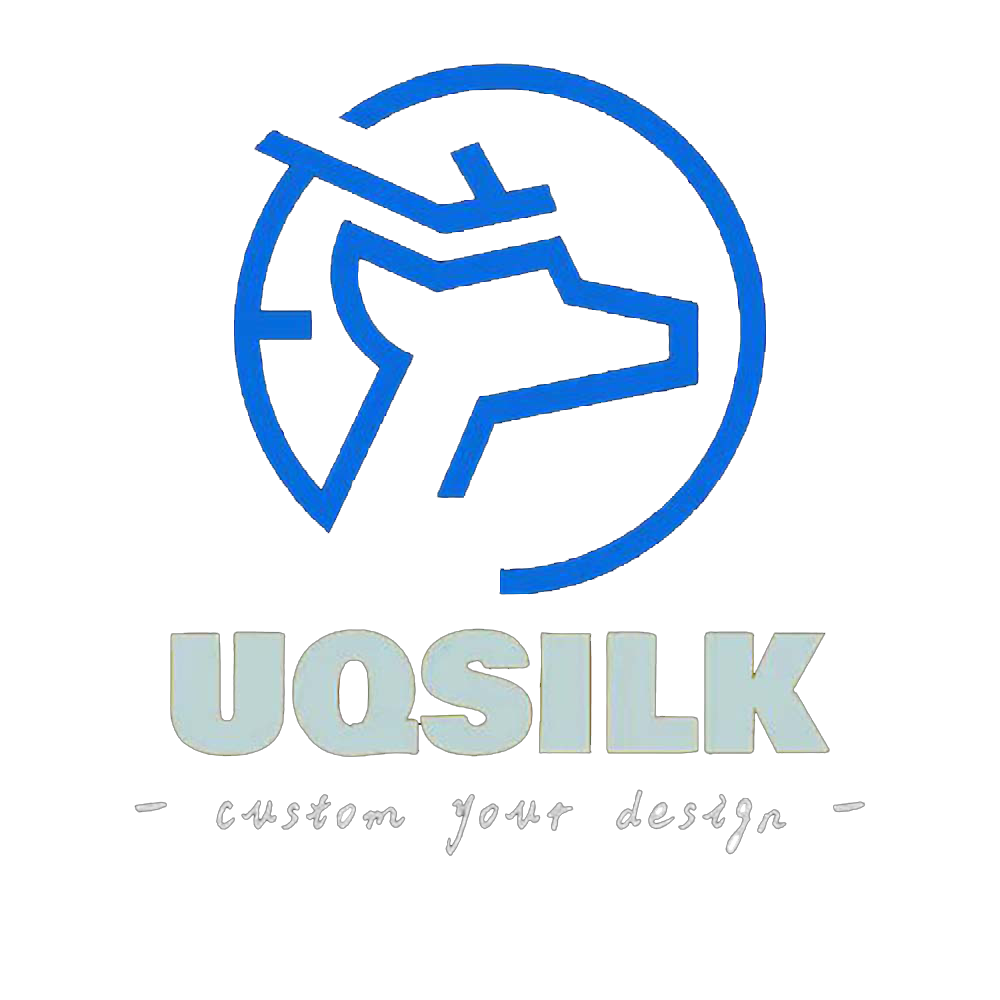Table of Contents
The Importance of Personalization in Marketing Strategies
In today’s competitive market, businesses are constantly looking for ways to stand out and connect with their target audience. One effective strategy that has gained popularity in recent years is personalization. Personalization in marketing involves tailoring products, services, and messages to meet the specific needs and preferences of individual customers. This approach allows businesses to create a more personalized and engaging experience for their customers, ultimately leading to increased customer loyalty and satisfaction.
Personalization is not a new concept in marketing, but advancements in technology have made it easier and more cost-effective for businesses to implement personalized marketing strategies. With the rise of big data and artificial intelligence, businesses now have access to a wealth of information about their customers, including their preferences, behaviors, and purchase history. This data can be used to create personalized marketing campaigns that are more relevant and targeted to individual customers.

One of the key benefits of personalization in marketing is that it can help businesses build stronger relationships with their customers. By tailoring products and messages to meet the specific needs and preferences of individual customers, businesses can create a more personalized and engaging experience that resonates with their target audience. This can lead to increased customer loyalty and satisfaction, as customers feel that the business understands and values their unique needs.
Personalization can also help businesses drive sales and increase revenue. By delivering personalized product recommendations and offers to customers based on their preferences and purchase history, businesses can increase the likelihood of conversion and drive repeat purchases. Studies have shown that personalized marketing campaigns can lead to higher engagement rates, click-through rates, and conversion rates compared to generic marketing campaigns.
Another benefit of personalization in marketing is that it can help businesses differentiate themselves from competitors. In today’s crowded marketplace, businesses need to find ways to stand out and capture the attention of their target audience. Personalization allows businesses to create a unique and memorable experience for their customers, setting them apart from competitors who may be using more generic marketing strategies.
Despite the many benefits of personalization in marketing, some businesses may be hesitant to adopt personalized marketing strategies due to concerns about privacy and data security. It is important for businesses to be transparent and ethical in their use of customer data, and to ensure that they are complying with relevant data protection regulations. By taking steps to protect customer privacy and data security, businesses can build trust with their customers and create a positive and personalized experience that drives loyalty and satisfaction.
In conclusion, personalization is an important and effective strategy for businesses looking to connect with their target audience and drive sales. By tailoring products, services, and messages to meet the specific needs and preferences of individual customers, businesses can create a more personalized and engaging experience that resonates with their target audience. Personalization can help businesses build stronger relationships with their customers, drive sales and increase revenue, differentiate themselves from competitors, and ultimately create a more memorable and impactful brand experience. By embracing personalization in marketing, businesses can unlock new opportunities for growth and success in today’s competitive marketplace.
How to Implement Personalization in Product Packaging
Personalization has become a key trend in the world of product packaging. Consumers are increasingly looking for products that are tailored to their individual preferences and needs. This shift in consumer behavior has led many companies to explore ways to incorporate personalization into their packaging strategies. In this article, we will demystify the concept of personalization and explore how it can be implemented effectively in product packaging.
Personalization in product packaging refers to the practice of customizing packaging materials to reflect the unique preferences of individual consumers. This can include anything from adding a customer’s name or initials to a product label, to creating packaging designs that align with a customer’s specific tastes and interests. The goal of personalization is to create a more engaging and memorable experience for consumers, ultimately driving brand loyalty and repeat purchases.
One of the key benefits of personalization in product packaging is the ability to create a more emotional connection with consumers. When a product is customized to reflect a customer’s individual preferences, it can make them feel valued and appreciated by the brand. This emotional connection can lead to increased brand loyalty and positive word-of-mouth recommendations, ultimately driving sales and revenue for the company.
Implementing personalization in product packaging can be a complex process, requiring careful planning and execution. One of the first steps in implementing personalization is to gather data on consumer preferences and behaviors. This can include information such as demographic data, purchase history, and social media interactions. By analyzing this data, companies can gain insights into what types of personalization are most likely to resonate with their target audience.
| neon headband | 26*78″ | custom polyester headscarf | custom rayon tube |
| custom polyester winter scarf | UK | silk neck scarf products | pillow protector |
| slip silk satin | customized | modal infinity scarf products | head wrap |
Once data has been collected, companies can begin to develop personalized packaging designs that align with consumer preferences. This can include everything from customizing colors and graphics to incorporating personalized messages or images. Companies can also explore innovative packaging materials and printing techniques to create truly unique and memorable packaging experiences for consumers.
In addition to design considerations, companies must also consider the logistical challenges of implementing personalization in product packaging. This can include issues such as inventory management, production timelines, and cost considerations. Companies must carefully balance the desire for personalization with the practical constraints of their supply chain and production processes.
Despite these challenges, the benefits of personalization in product packaging are clear. By creating a more engaging and memorable experience for consumers, companies can drive brand loyalty, increase sales, and differentiate themselves from competitors. In an increasingly crowded marketplace, personalization can be a powerful tool for companies looking to stand out and connect with consumers on a deeper level.
In conclusion, personalization in product packaging is a powerful strategy for companies looking to create more engaging and memorable experiences for consumers. By customizing packaging materials to reflect individual preferences, companies can drive brand loyalty, increase sales, and differentiate themselves from competitors. While implementing personalization can be complex, the benefits are clear. Companies that embrace personalization in their packaging strategies are likely to see positive results in terms of consumer engagement and brand loyalty.






